FASoS Student Ambassadors Talk 2023-2024
Each month our bachelor and master student ambassadors share their experiences with their study programme at FASoS. Read about the content of the programmes, internships or field trips below.
Bachelor's programmes:
- Rafael de la Rocha, BA Digital Society
- María Palazón Simón, BA European Studies
- Salomé Chemla, BSc Global Studies
- Emma Rubin, BA Arts and Culture
Master's programmes:
- Pavlina Papageorgiou, MA Arts & Heritage: Policy, Management and Education
- Lena Reichel, MA Media Studies: Digital Cultures
- Camilla Notari, pre-master student at FASoS
Elena Cassina, MA Arts and Culture: Contemporary Literature and Arts
- Miguel Serrano Ascandoni, MA European Studies
- Caitlin Reed, MA European Public Affairs
Imane Chelioui, MA European Studies on Society, Science and Technology
- Eleonora Pizzini, MSc European Studies (Research)
- Isabel Bruijstens, MSc Cultures of Arts, Science and Technology (Research)
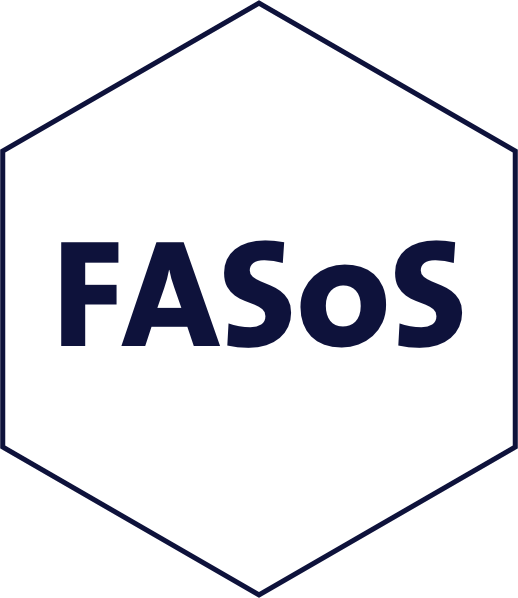
Bachelor's programmes
Rafael de la Rocha, BA Digital Society
During the last couple of months, temperatures have been rising, we started the year with a whiteout of heavy snow and now we photosynthesise at the park until the sunset. Nevertheless, I learnt that Dutch weather must never be trusted, one of the days it was sunny, rained, hailed, was sunny again and rained again. However, this weather balanced the workload that these two last periods contained. For context, this period walked us through qualitative research methods and a more philosophical course teaching us about the correlation between having a good life and the role of technology.
Along with the other course, and other projects, we also had to focus a bit more on our future fifth semester decisions. In my case, I chose to follow an internship looking for a position as a User Experience Designer. Others, for example like my friend Annika, is exploring the option of an exchange in Portugal, or my friend Clara who decided to go exchange in Singapore. On the other hand, Rodrigo is doing a minor at the Faculty of Psychology and Neuroscience (FPN). In my case, during these last weeks I have been interviewed by different companies, but everything seems to be in process.
Both this last period and upcoming period look like they are preparing us for the waited Bachelor Thesis of next year. For example, we just started Interdisciplinary Research Design, where we design a research proposal with an interdisciplinary approach, and they have been giving us a glimpse of how it is going to be structured. However, the most awaited upcoming event happening soon is King’s Day, without a doubt, my most anticipated day of the year.
April 2024
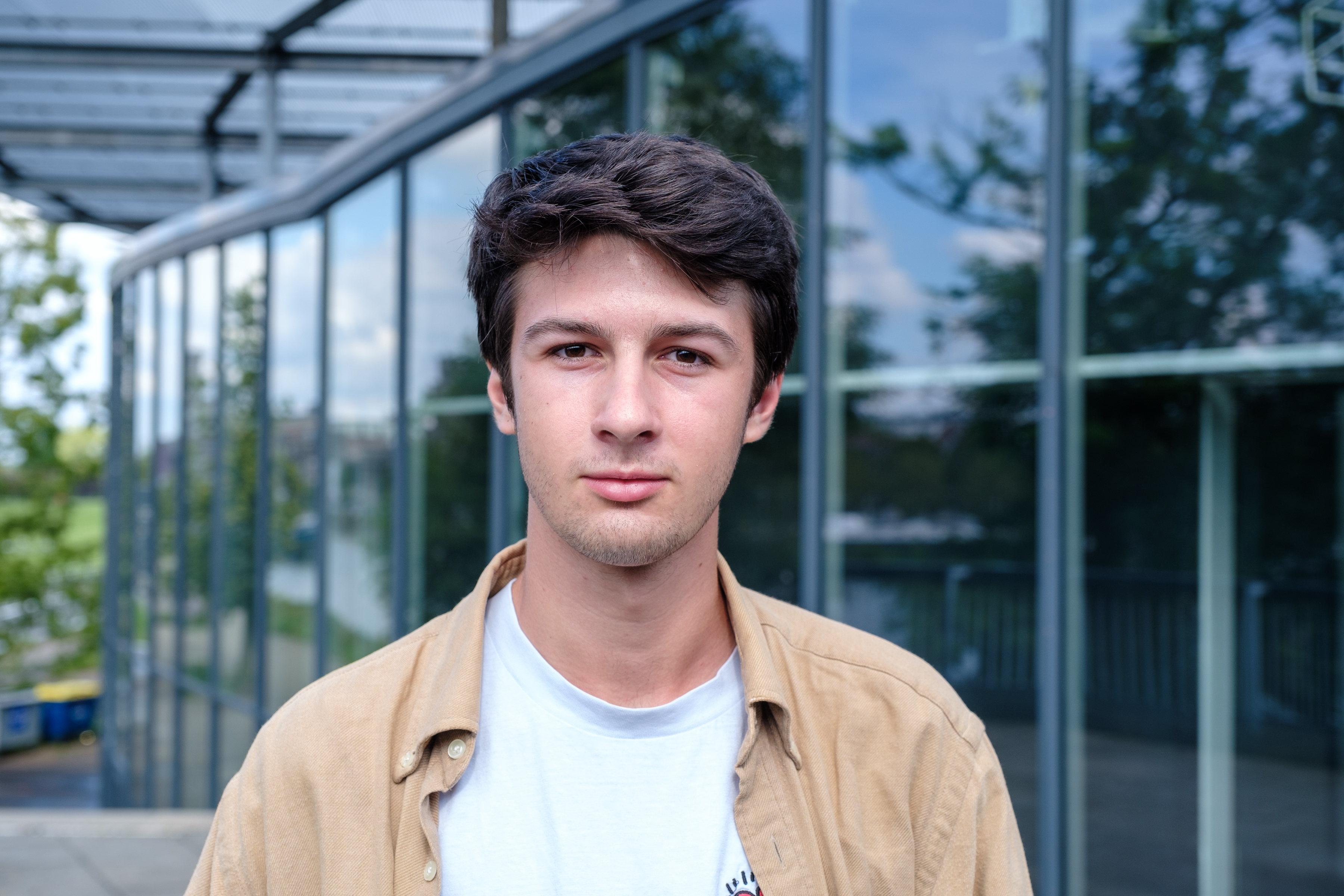
We had to conduct research, interviews and observations with the use of different analysis approaches. This was a great way to practice for my UX design career, giving me better insights on how users must be researched.
María Palazón Simón, BA European Studies
I am a first year of the bachelor's programme European studies. Right now, we are almost halfway our first year. While in the last two periods we had our content course, apart from our skills course, in the third period we are working on our own research, and in which we can choose what to write about. It is just the month of January, but it made coming back from Christmas less stressful. I like the freedom that we have to choose our own topic in order to make this month more interesting.
Looking back to the first two periods, the courses that we took involved a lot of history, which personally I liked. For the skills courses, we focused on our writing skills. Probably the most challenging thing can be to organise your time well at first, but as you get more and more into the routine, you realise how to organise yourself. It has been my first time working with Problem-Based Learning (PBL) method and I found it helpful to prepare for the exams, as we have to do constant work. These firsts few months I was lucky enough to meet a lot of people, which made it easier adapting to a new country and a new environment. We also change tutorial groups in every period, so we get to meet new people every two months in class. Being ambassador also brought me to meet more people in FASoS, and I have been having fun sharing my experience.
For what is left of this first year, we have 2 content courses left and another two skill courses. I am already excited about spending the upcoming spring here!
January 2024
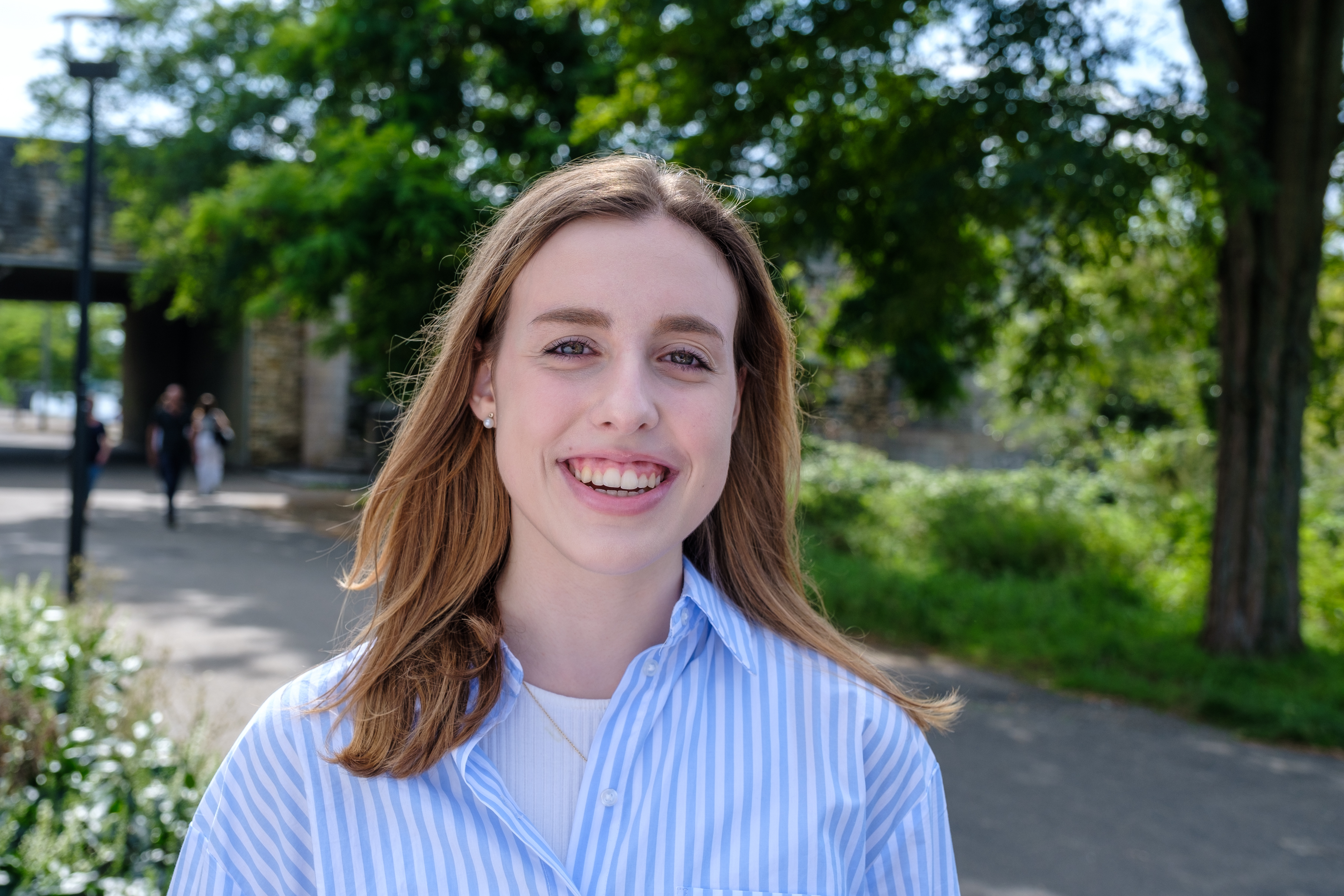
These firsts few months I was lucky enough to meet a lot of people, which made it easier adapting to a new country and a new environment. We also change tutorial groups in every period, so we get to meet new people every two months in class.
Salomé Chemla, BSc Global Studies
Global Studies’ fifth semester is different than for most other programmes: none of us are going on exchange, we instead have the choice between a one-month long field study or a minor at another UM faculty for the whole semester. Thailand, Uruguay, Mozambique, Cyprus, Colombia, or a local field study, six exciting options to choose from for our field study. Topics varied from access to healthcare, water management, food security, conflict, democratization, migration, integration, social entrepreneurship, informal economy, and children’s rights. For the minors, we had the choice between: (1) Art, Law, and Policy-Making, (2) Introduction to Gender and Diversity Studies, (3) Entrepreneurship, (4) Human and Legal Decision-Making, and (5) Sustainability.
I chose to go on a field study to Mozambique, where I stayed with 16 other Global Studies students in Maputo, the capital city, alongside other local and international students. Since 2017, a situation of insurgency has been developing in the north of the country, which is a matter I was particularly interested in researching during my time on the field. What struck me most when hearing about the conflict was the different information and reality explained by local PhD researchers, compared to the information we had gathered on the situation before leaving. For this reason, I decided, together with four other GS students, to conduct a research project on the different perceptions of major actors around the insurgency, and how these different narratives impact their response to the situation. On the field, we had the opportunity to gather data through interviews with various stakeholders. As such, we interviewed ambassadors, United Nations diplomats, local and international researchers, and local NGOs and students. After gathering our data, we conducted a critical discourse analysis to answer our research question.
Besides doing research, we also had time to explore Maputo and its surroundings, which we took full advantage of! Every weekend, we took trips to nearby cities; visited natural reserves (where we saw giraffes and zebras!), went to beautiful beaches, and got to connect with locals. Overall, the field study was an amazing experience, which I will forever keep intense and beautiful memories of!
As I am starting the last semester (21st Century Learning) of my Bachelor, I am preparing to write my bachelor’s thesis on a topic of my choice. Alongside our individual thesis, we will carry out a group project related to a challenge posed by a real-life societal actor.
I am very excited to start this culminating point of my bachelor’s degree and to bring together everything I have learned so far. I am also a little sad that Global Studies is already coming to an end, but very grateful for the academic, professional, and personal growth this programme enabled me to achieve!
January 2024
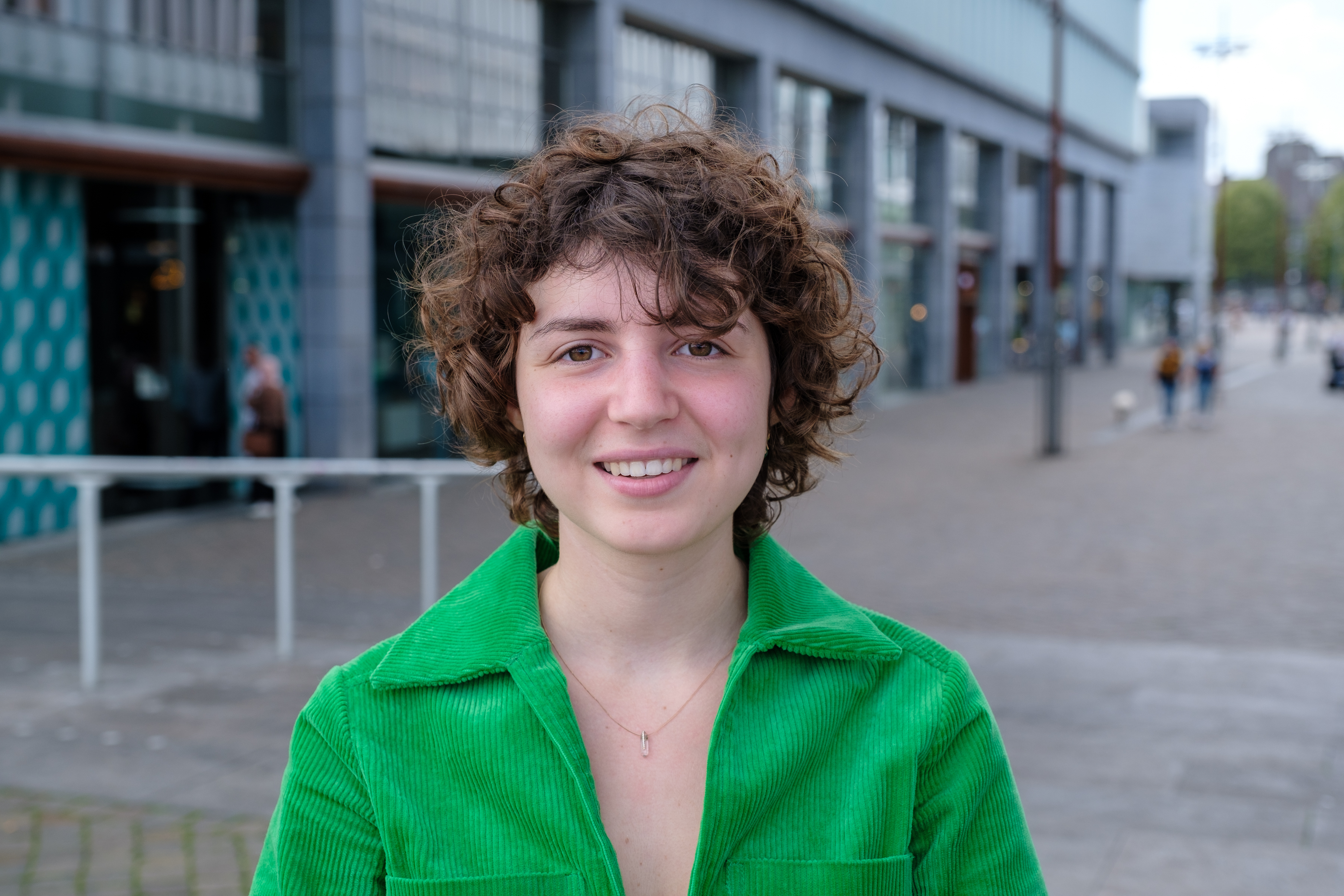
I am very excited to start this culminating point of my bachelor’s degree and to bring together everything I have learned so far. I am also a little sad that Global Studies is already coming to an end, but very grateful for the academic, professional, and personal growth this programme enabled me to achieve!
Emma Rubin, BA Arts and Culture
Navigating through the second year: the first semester
As I am about to finish the second period of my second year at university and start the graduation phase of my bachelor's degree, it is time to reflect on the achievements and experiences that have shaped my first semester. This first semester has been marked by lots of decisions regarding my future at Maastricht University. I had to make the selection for my electives for the upcoming periods. In the fourth and fifth semester of the bachelor Arts and Culture, students are allowed to choose which courses they want to follow. This decision allows us to explore a chosen field and adapt our academic journey to our interests and career inspirations.
Before exploring the academic journey of the electives, we have the upcoming course of period three called Research & Writing II. It is a class that we already encountered in the first year. Its purpose is to gain experience to write our final thesis in the last semester of the bachelor’s. I have recently started working on my research paper for which we have the opportunity to dive into a topic of our choice. Like for the electives, we are free to explore a chosen field that relates to our future interests. I will dive into the field of gender studies and literature. The freedom to explore a topic of my choice has captivated my interest and is really stimulating. Beyond the academic journey of the first semester full of lecture halls and study sessions, I have enjoyed my role as an ambassador for the programme Arts and Culture. Engaging with prospective students and sharing my experiences with them has made me appreciate our community and the city of Maastricht even more.
This semester I have enjoyed some activities organized by the faculty and some by the city of Maastricht. At the beginning of the academic year, we had a lovely time in the garden of the faculty, at the FASoS drinks organized by the student’s association called SoFasos. I was also enchanted to go to the Museums Night at Bonnefanten museum. The museum organizes an evening with special exhibitions or activities such as concerts or workshops in the building. Moreover, not long ago I went to the Christmas market, which they hold every year at the Vrijthof. The city was beautiful with all the Christmas lights and the snow. The city is not enormous but quite dynamic, there are lots of events programmed all the time! As I finish the first half of my bachelor’s degree, I can reflect on the past and the future. Looking back, I have gained much academic experience and knowledge, but I have also enjoyed my time as a student of Maastricht University. Looking ahead, I anticipate some challenges that I will encounter during the graduation phase but I am also particularly excited about the prospect an Erasmus exchange.
To end my reflection on the first semester, I am grateful for the opportunities I had so far. The academic and personal achievements the university life offered me. I am already looking forward to all the upcoming events of the second semester and the rest of my academic journey.
December 2023
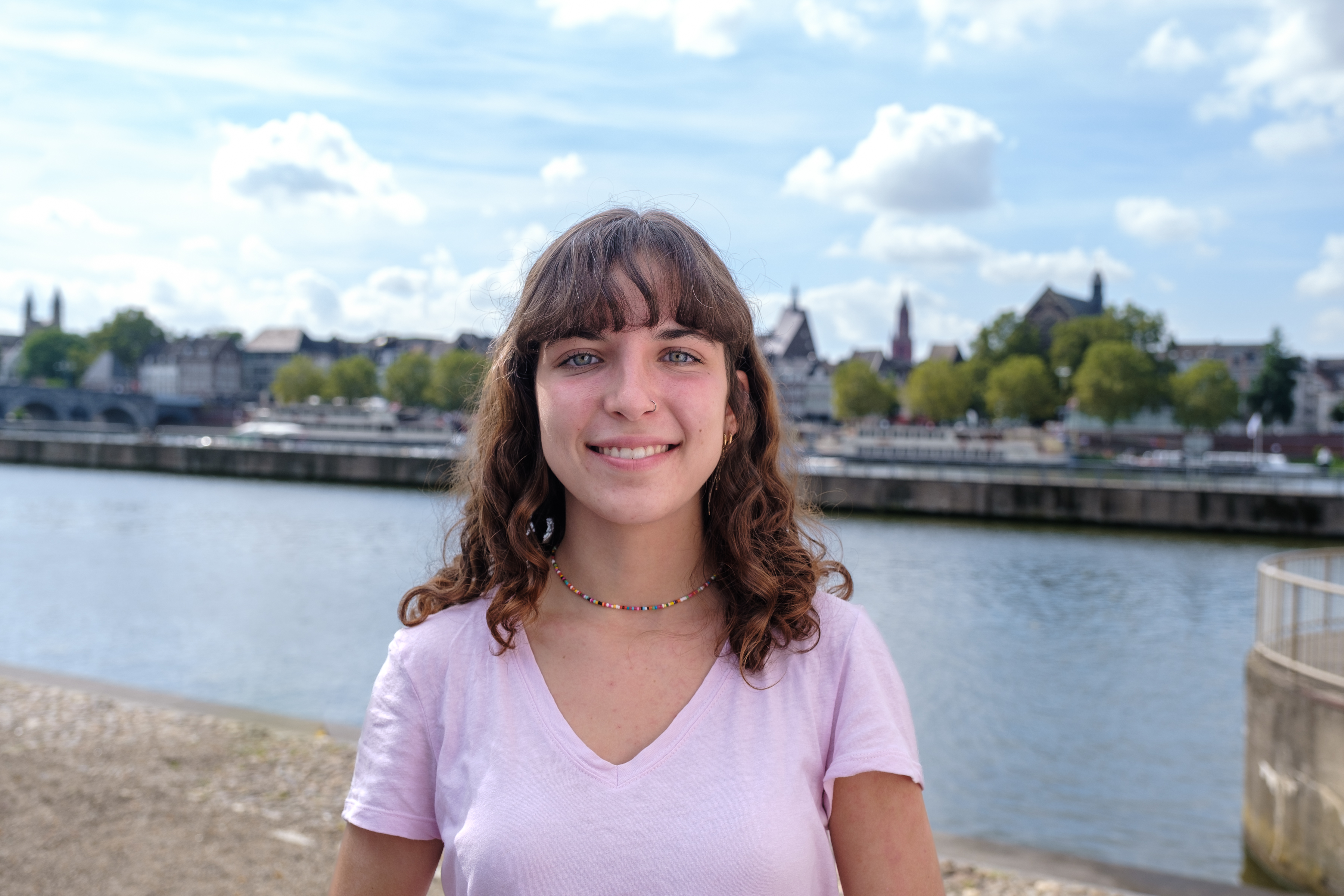
I have recently started working on my research paper for which we have the opportunity to dive into a topic of our choice. Like for the electives, we are free to explore a chosen field that relates to our future interests. I will dive into the field of gender studies and literature. The freedom to explore a topic of my choice has captivated my interest and is really stimulating.
Master's programmes
Pavlina Papageorgiou, MA Arts & Heritage: Policy, Management and Education
Having made it so far, I learned so many things and interacted with numerous organisations and professionals this year, it is safe to say that my trajectory has been both challenging and amazing. Whenever someone asks me why it is worth being part of this programme, I always have so many rewarding examples to give. From the project weeks in period 2, to the fast-paced period 3 and to the research internship in period 4, this academic year has felt like the most fruitful of my academic career. Even though the luxury of time occasionally felt like it was running short, with assignments piling up and deadlines looming closer, I would not trade the experience and the interactions I had the opportunity to live through. I am particularly thankful for my classmates, who agreed to be part of my videos and answered my questions with a smile and a laugh. I also feel gratitude for my professors who rewarded my successes and only saw potential in my failures.
When prospective students want to know how demanding it is to be an Arts & Heritage student in this specialisation, I always answer that time-management is key. However, I have come to learn that an important aspect of my experience has been learning how to fail better. As I am currently working on my thesis and trying to decode my own research objectives, expectations and aspirations, I am reminded of why I chose this programme in the first place. What began as an inherent interest in the themes the programme revolves around has evolved into a deep-seated confidence in my ability to engage with those topics I was so interested in, this time not as an observer but a professional, a researcher.
I have learned how to apply complex analytical methodologies, interact with policy themes, collaborate with European organisations, engage in critical evaluations of historical interpretations and above all, be receptive to feedback when it comes to evaluating my own observations. I feel fully equipped to enter the job market with a skillset that will allow me to be an active agent in contemporary discourses, taking on complex projects and participating in innovative initiatives.
April 2024
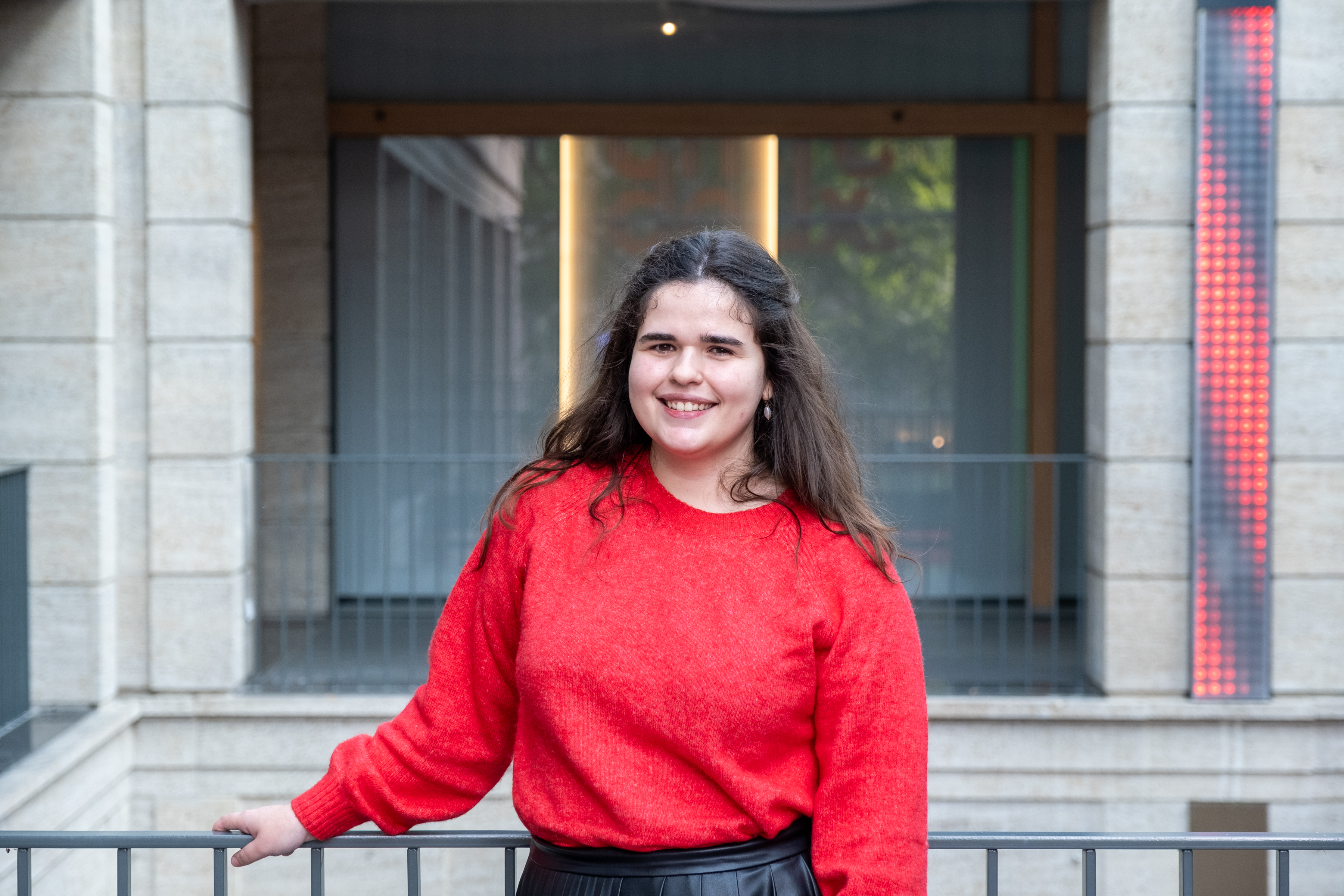
It might sound paradoxical, but this programme has allowed me to step out of my comfort zone, to learn how to interact with others, to interrogate my own work and to see how success and development are not linear processes.
Lena Reichel, MA Media Studies: Digital Cultures
Lately, I have realised that this master’s programme has been going by very quickly, and right now writing this blog post I am in my final week of tutorials. I am looking at this week with mixed feelings, as I am quite excited for what the future holds, but also it is weird that student life is coming to an end! The master’s programme was an incredible experience, and I could learn so much within a great cohort. We have been doing many different methods, learnt new skills and that all within this short period of 8 months. This study feels very relevant, with the ongoing developments of AI, and the changes it will bring to society and the work environment. I think this time could not be better to study this programme. In this year, I progressed a lot on very different levels. I started to think a lot about my future, what is going to come after this master’s programme? What do I want, what am I good at? It has been a big focus for me. Also, I got to know so many great people in my programme, and as an ambassador at the faculty.
I've been very surprised by the hands-on approach of this programme. For example, creating our own blog, working with WordPress, and exploring various media and design tools have been both challenging and rewarding. We also learnt about AI, digital devices, how it effects our communication, our awareness, our culture and our daily lives. This was very inspiring for a course where we designed a digital innovation aimed at making a positive impact on society. We practiced design thinking and created an art mental health app for students. It’s always been a great matter for me to talk to people, that's why I especially enjoyed our interviewing course. It was so interesting because I had the opportunity to find out about data protection in different governments. It's a quite sensitive topic and it was very valuable for me to use this material for my paper. With these experiences gained, I also got to know myself and my qualities better and what I would like to do after this master’s, now that it is coming to an end. I’m passionate about guiding individuals and organizations through digital transformations, sharing my knowledge, and continue to learn. Engage in discussions about digital cultures, connect with a wide range of people, and produce content that has a positive influence, especially by designing and write content. With that being said, I think that the programme helped me coming to this answer for myself.
Finally, I would like to share how my last week looks like. Since we are in our last period, the current course we are taking is about creating 3D models of cultural artefacts. It's kind like a digital tour that guides the viewer through cultural, historical and social context. In this week, the project should be finalized, and we are supporting each other with peer feedback, co-working sessions and a final presentation at the end of the week in our very last tutorial. I really liked this project, because it's very well connected to my upcoming internship - the next and final phase of my study. This also means that the thesis is coming up. I decided to combine both, thesis and internship, because the research I'm doing for my internship organization feels more impactful to me. I will work at the Maastricht Museum, where I will assist with the design and preparation of a new exhibition. I'm very excited because it will be a hybrid exhibition, meaning that involves digital devices that engage and enhance visitors experiences in the exhibition. My research will focus on exactly that; how much engagement does this exhibition bring to the experience, how can the digital be implemented to make the experience educational, enjoyable and memorable? I will keep you updated on that on my Instagram account @mediastudiesdigitalcultures and I’m happy to answer any questions you have about this programme!
March 2024
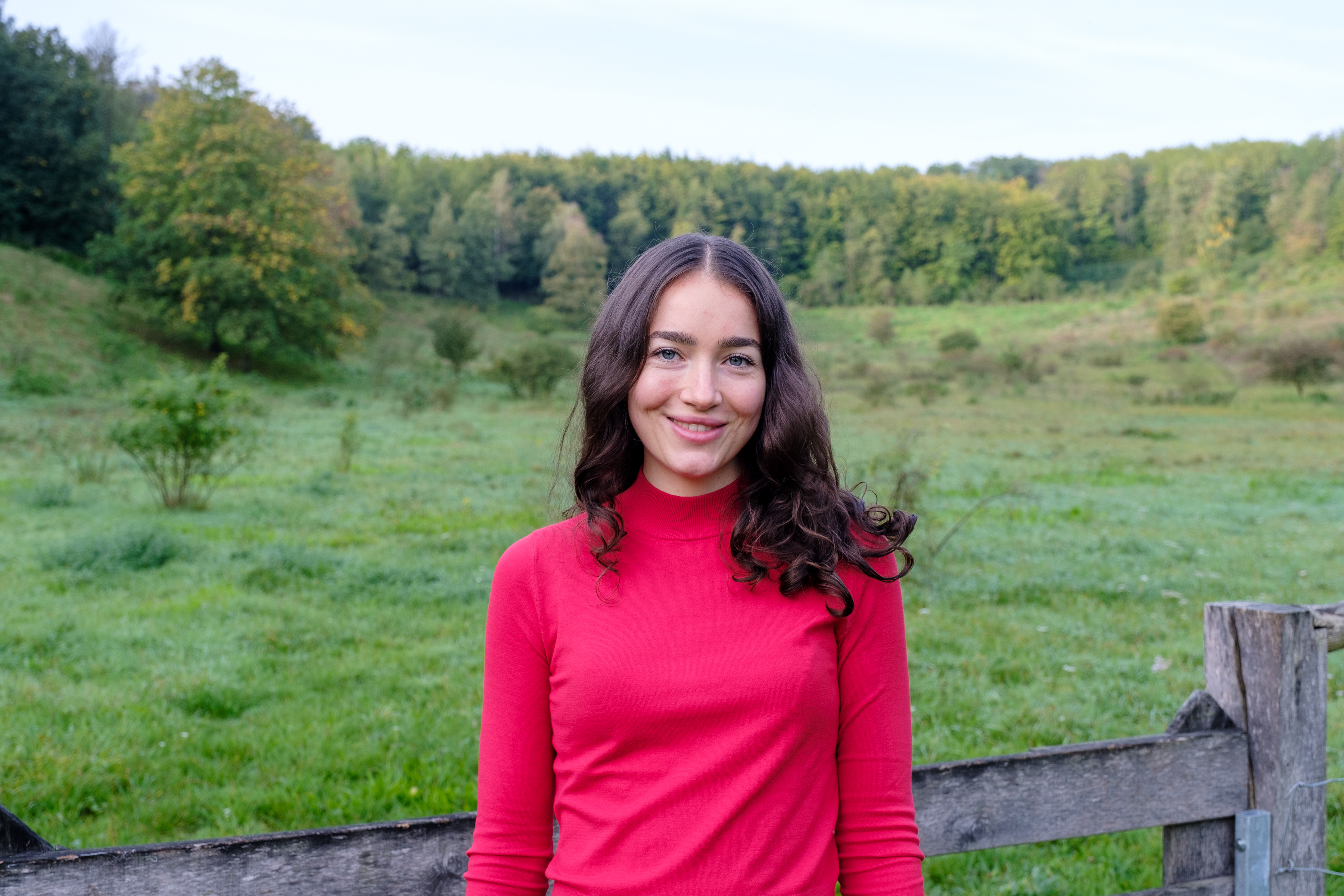
I talked to many people, about their experiences, current jobs, and career paths and it was very enriching for me. Networking here has been great, and the friendships I have formed with my student peers have made this last academic year special.
Camilla Notari, pre-master student at FASoS
It has been six months since the beginning of this master’s programme at Maastricht University, and I could not be happier with my decision to take part to the pre-master last year. From the beginning, the choice to move abroad is never easy, especially for the first time. Initially, there were moments of feeling alone and overwhelmed by the all the new experiences. However, it did not take long for me to realize the truly international atmosphere of this university, which is for me one of the main benefits of studying here. Here, every student is in the same boat, wanting to share their journey with others. Coming back to Maastricht in September, after a full year of the pre-master’s programme, meant to me finding my friends again after the summer and coming back to a familiar place, ready to start a master’s programme without the pressure and the worries of being in a totally new place.
As the first semester ends, I can say with confidence that I have enlarged my circle of friends here with amazing new people, and academically speaking, the pre-master’s programme aligned perfectly with my aspirations and with the requirements of the master’s programme I am doing right now. Prior to arriving in Maastricht, one and a half years ago, I thought that with my BA in Business and Economics it would have been too difficult to change paths and move in the direction of international relations and political science, especially because I did not have any background in it. However, discovering this pre-master’s programme has been a game-changer, allowing me to bridge the academic gap and learn the basics of what is interesting for me. With each course, my passion for this field grew stronger, and doing the master’s now, I do not feel the gap with the other students who did a more coherent bachelor’s programme. This was the main reason behind choosing a premaster: to arrive prepared for the master’s programme and I feel like I have achieved this.
March 2024
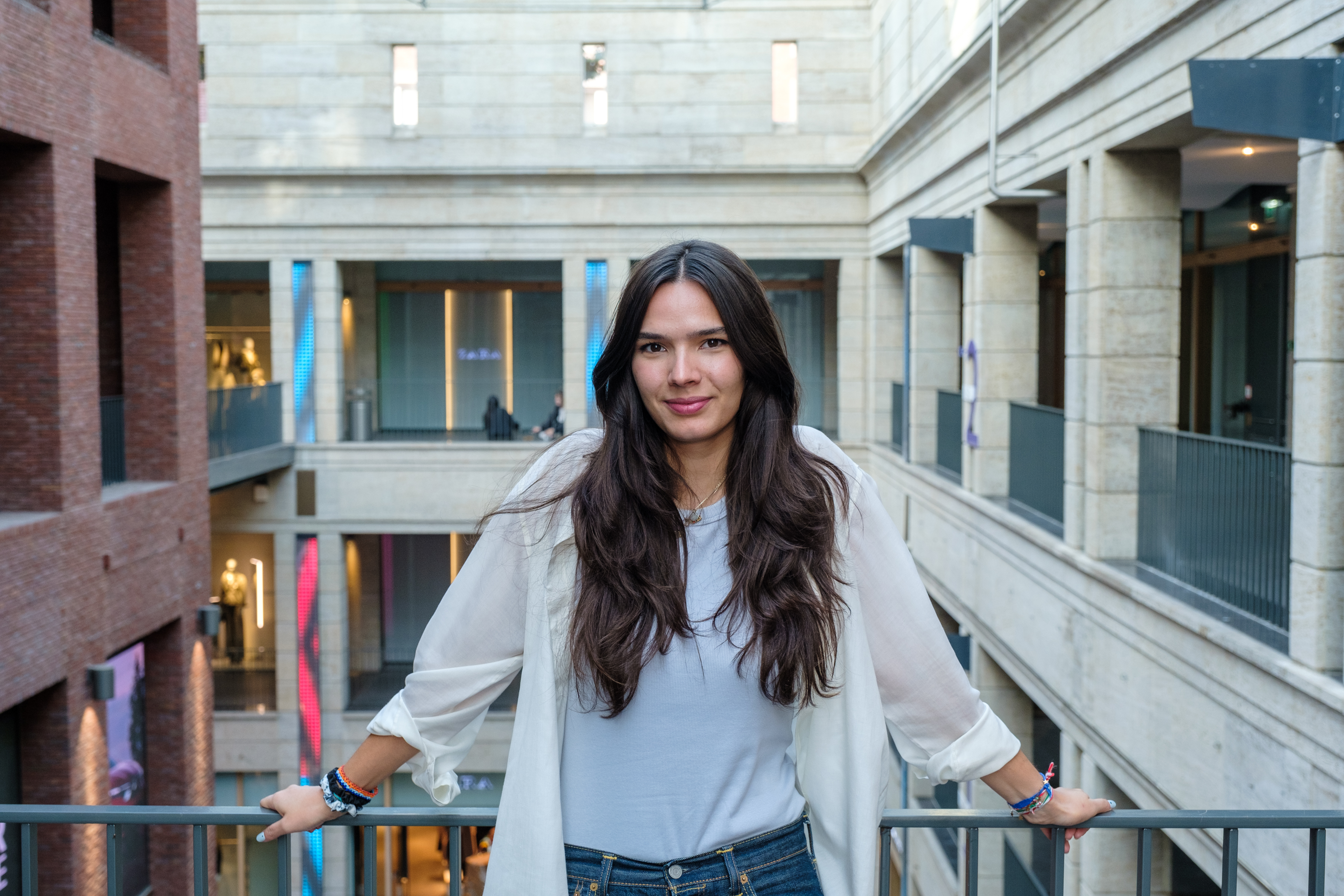
Choosing a pre-master and change path was not really the easiest decision, but now I can say that it has been worth every challenge.
Imane Chelioui, MA European Studies on Society, Science and Technology
Wow, I am already at the final days of my studies.
Currently, the courses have ended, as I am writing the essay of my final exam. Looking back, I had so much fun during this Master’s and I am amazed by how fast time flew by. Yet despite the rush and the intensity of this program, I was able to form some incredible connections and potential lifetime friendships. The highlight of this Master’s for me was when David, an ESST classmate in Maastricht challenged Banditos to a carrot cake battle and Deniz, another classmate, was the blind judge and we lost. Those people are now my best friends along with some other classmates both from Maastricht and in Norway.
When I reflect on my personal growth, I would say that the main changes pertain to confidence, knowledge, and awareness of others. I now feel confident in taking on various challenges, as the rush of researching for our exams taught us to be efficient and manage our stress. I feel more knowledgeable because we were extensively instructed in the fundamental principles of innovation studies and were given the opportunity to specialize in a field of our choice through assignments, second semester courses, and the thesis. In my case, this topic concerned sustainable pathways to implement generative AI. Indeed, I was able to analyse this topic from various angles (social, historical, technical, and political). The awareness mentioned here pertains to the social aspects that occurred during the Master's program. I had the opportunity to meet many different people with whom I shared all kinds of experiences, both professionally and leisurely. I also had the chance to travel on many trips, experiencing various landscapes and encountering different cultures.
May 2024
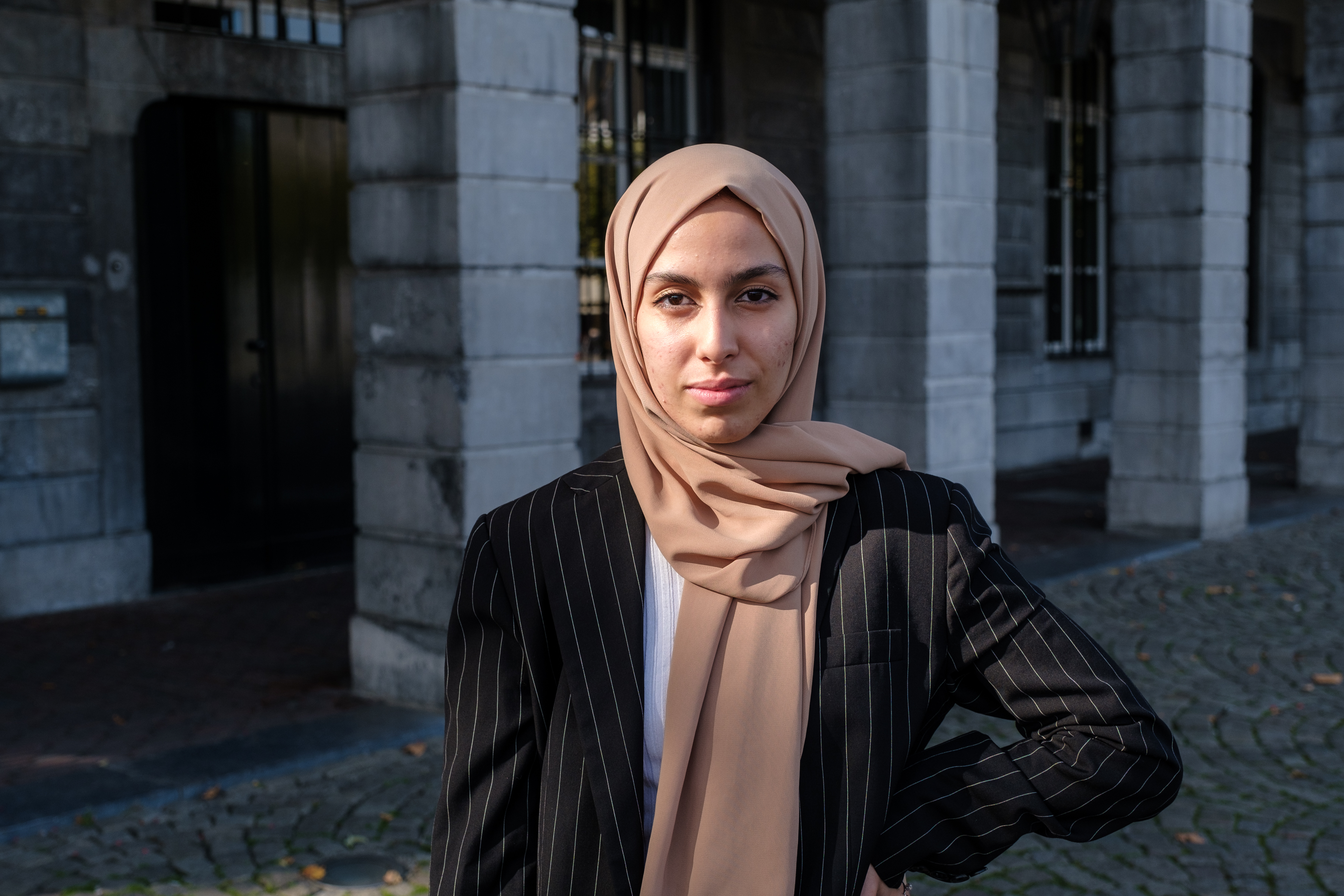
I am so happy and satisfied for choosing this Master’s programme, and I would definitely recommend it. I am especially grateful for the flexibility and adaptability that it offers, the kind staff that was always keen to help us, and the social opportunities to meet amazing people and traveling abroad.
Caitlin Reed, MA European Public Affairs
We are already halfway through the EPA master's programme and are about to start our last and short period 4 before going on internship. Time really flies by!
In September, we started off Period 1 on European Governance. We learnt about the different institutions, theories and the policy process. My personal highlight was the three week workshop during which we simulated the negotiations of a policy proposal in the Council. In teams of two, we represented either a country delegation, the Commission or the Council Secretariat. After having learnt about the ordinary legislative procedure in theory, this has enabled us to actually experience how it works in real-life!
After submitting a literature review on a chosen topic, and having completed our debate session and the quiz on current affairs, we started off Period 2 on Lobbying in the EU. A big part of this module was the lobby plan, which we had to prepare in groups of five to six people and present in front of the class. We all worked on the same policy proposal, but each group was representing a different client – just as if we were to be a real consultancy. The lobby plan was a very intensive and big project, as we had to find a lot of information on the proposal itself, map out the different stakeholders involved, and define our client’s own position, possible lobby strategies and the risks that they might encounter throughout the process. However, this experience helped us to gain useful practical experience! Once we had submitted our lobby plan and a research paper on a topic of choice, we finally got our well-deserved Christmas break, during which I enjoyed being back in my home-town Hamburg. Even though we were free all of January to be able to focus fully on our Thesis proposal, we were offered workshops on different methods and skills during Period 3 to help us during this process. Also, we started meeting our supervisors that will guide us.
This month started off with the annual Brussels trip, during which we visited the European Parliament, an institution or consultancy of choice and which we finished off with a nice dinner and some drinks. Currently, I am just getting back to studying after a fun carnival season I enjoyed together with a part of the EPA cohort. I am excited for Period 4 on the final stage of the policy process, being implementation and evaluation of policies. Also, I am preparing my final farewell to Maastricht, as I am moving to Brussels in April for my internship at the Permanent Representation of Germany to the European Union. Having lived in Maastricht for the past five years for my bachelor’s and my master’s degree, it really feels like the end of an era, but at the same time, I am ready for a new start in Brussels and excited for this next step! I will keep you posted on my Instagram @mastereuropeanpublicaffairs, and I am also always open if you have any questions or need any help!
February 2024
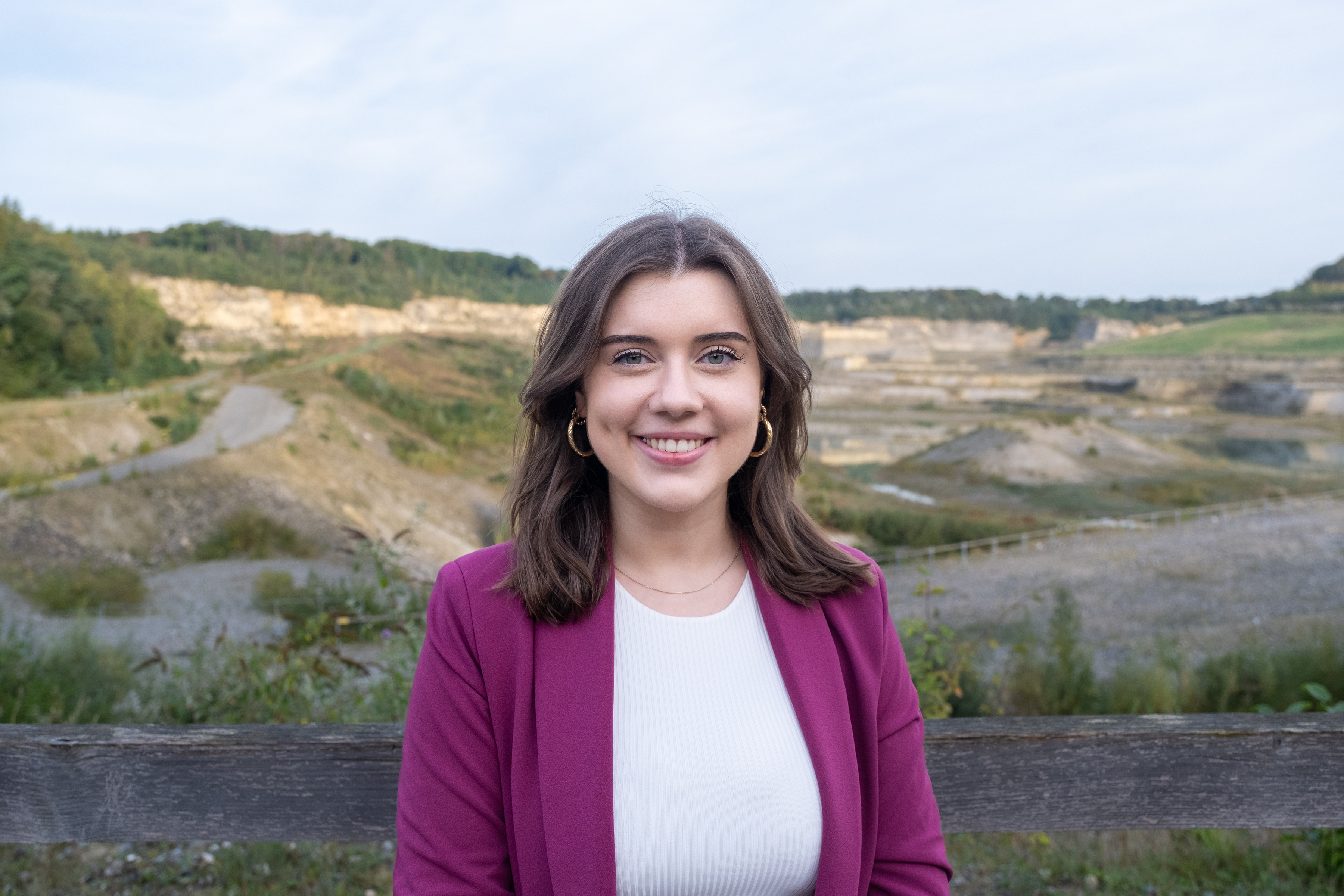
In period 1 we learnt about the different institutions, theories and the policy process. My personal highlight was the three week workshop during which we simulated the negotiations of a policy proposal in the Council.
Miguel Serrano Ascandoni, MA European Studies
I am Miguel, student ambassador of the master's programme in European Studies; and I'm going to write about my experience with the programme in the last months. We are in February; the first three periods have passed and the carnival is coming. I can't believe how fast time goes by, there's less time left to hand in the thesis!
To begin with, from the first week I was lucky to meet a lot of people and make friends, so the social aspect of the master has been really nice from the beginning. In the first period we all had the subject “Key Challenges for Contemporary Europe: Historical and Interdisciplinary Perspectives”, in which we discussed in detail the history of European integration and we had entertaining debates.
In the second period we had the subject “EU Politics and the Policy-Making Process”, where we learned about the politics of the European Union, the functioning of its institutions and, as its name indicates, the policy-making process. The best thing about this course was the work on the advocacy strategy of a lobby, with an individual presentation that was quite interesting and useful.
After a well-deserved Christmas vacation, where I spent time at home (Madrid) with my family and friends, the third period arrived. January has consisted of preparation workshops for the thesis, so we have had time to make a proposal with an introduction, methodology, theoretical framework and literature review. With the delivery of the proposal, we finish the “Mastering Academic Research Skills and Methods” course, where since September, they have helped us to prepare the thesis and to start it on time.
So far, I have taken many affordable and close trips and I would love to continue traveling because the location of Maastricht is perfect to do so. I am also very excited about the next periods 4 and 5, where we will have the subjects “Governing the European Economy: The Politics of EMU and the EU Budget” and “Civil Society, Lobbying and Policy Influence in the EU”, respectively.
February 2024
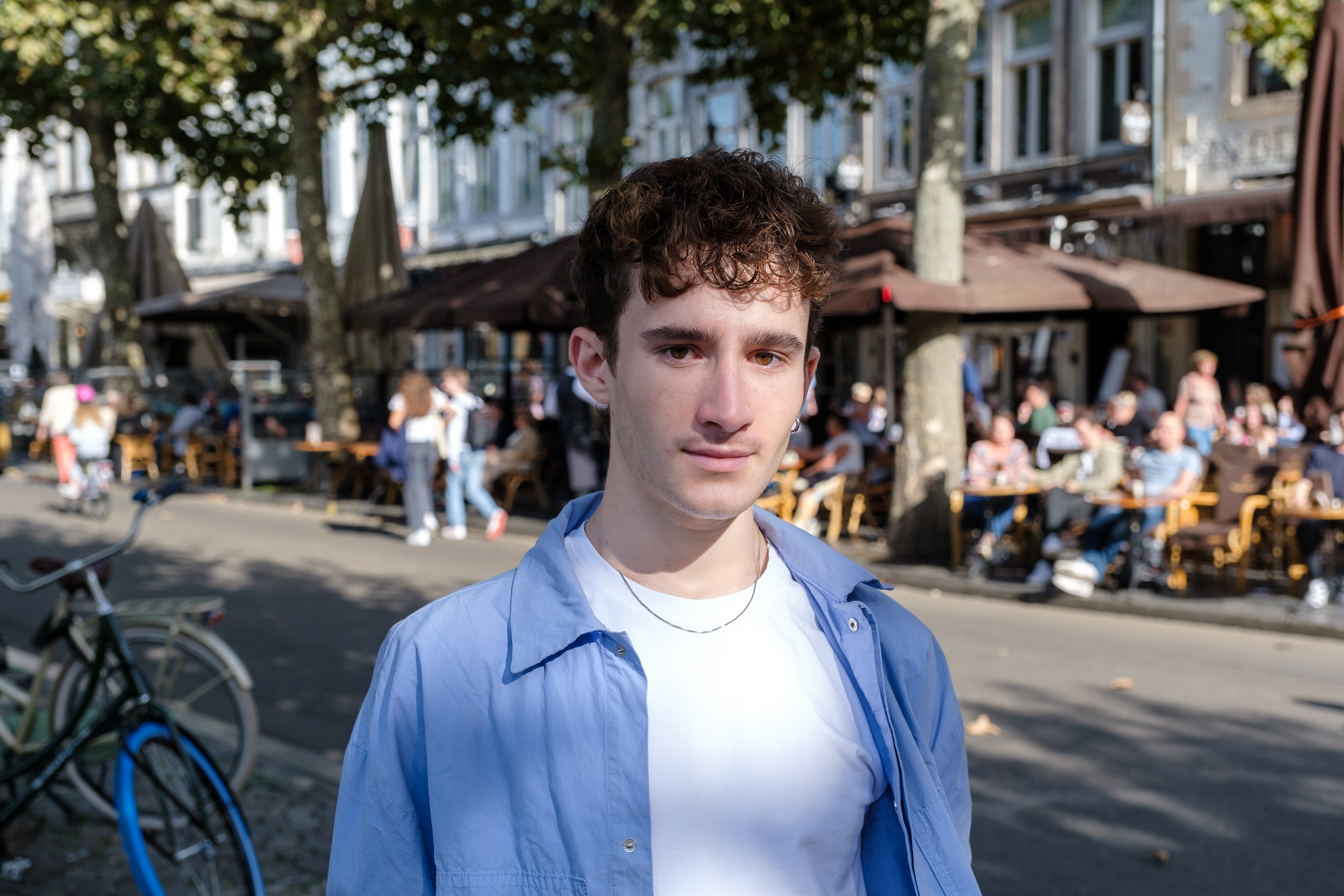
I am very excited about the next two periods, where we will have the subjects “Governing the European Economy: The Politics of EMU and the EU Budget” and “Civil Society, Lobbying and Policy Influence in the EU”.
Elena Cassina, MA Arts and Culture: Contemporary Literature and Arts
Navigating the Academic Landscape: Reflecting on the Last Six Months at the CLA master.
As I reflect on the past six months of my journey through university, I am struck by the whirlwind of academic exploration and personal growth that has characterized this period. I just finished my last courses and I now have three whole months to concentrate on writing my thesis. This is a pivotal juncture, poised to delve deeper into my research interests.
It took me a while to come up with a thesis topic; I looked into recent pieces of art or literature that I explored in the last few months and tried to draw connections to bigger issues that are important to me. Moreover, I got to talk about all my ideas with my thesis supervisor and had different tutorial sessions for preparation with my peers to give each other feedback and suggestions. Eventually, I came up with a topic —a comparative analysis of a movie and a TV series, examining how they portray relationships between working-class Europeans and immigrants. I think this project promises to be both intellectually stimulating and socially relevant, offering insights into the complexities of contemporary society. Guided by my dedicated supervisor, I embark on this project with purpose and curiosity, eager to uncover nuanced narratives and challenge prevailing assumptions.
Before starting to work on my thesis full time, I had the privilege of participating in two thought-provoking courses: "Speculative Fiction" and "Time to Act: Artivism and Cultural Interventions." Each course offered a unique lens through which to explore complex themes and engage with diverse perspectives.
In "Speculative Fiction," I was particularly struck by the transformative power of utopian writing and art. Through imaginative narratives and visionary imagery, speculative fiction invites us to envision alternative realities and question the status quo. It serves as a potent tool for social critique and collective imagination, inspiring us to aspire towards a more just and equitable world.
Meanwhile, "Time to Act: Artivism and Cultural Interventions" provided a platform for exploring the intersection of art, activism, and cultural expression. Through interdisciplinary discussions and creative projects, we examined the role of art in effecting social change and fostering dialogue. It was a profound journey that deepened my understanding of the potential for artistic expression to catalyse meaningful transformation.
On a similar note, the spring is coming in Maastricht. This means beautiful cherry trees blossoming and long days of sunlight. It means that I get to study in the park or on the terraces of the restaurants of Maastricht, enjoying this beautiful period in the city before my stay here comes to an end.
April 2024
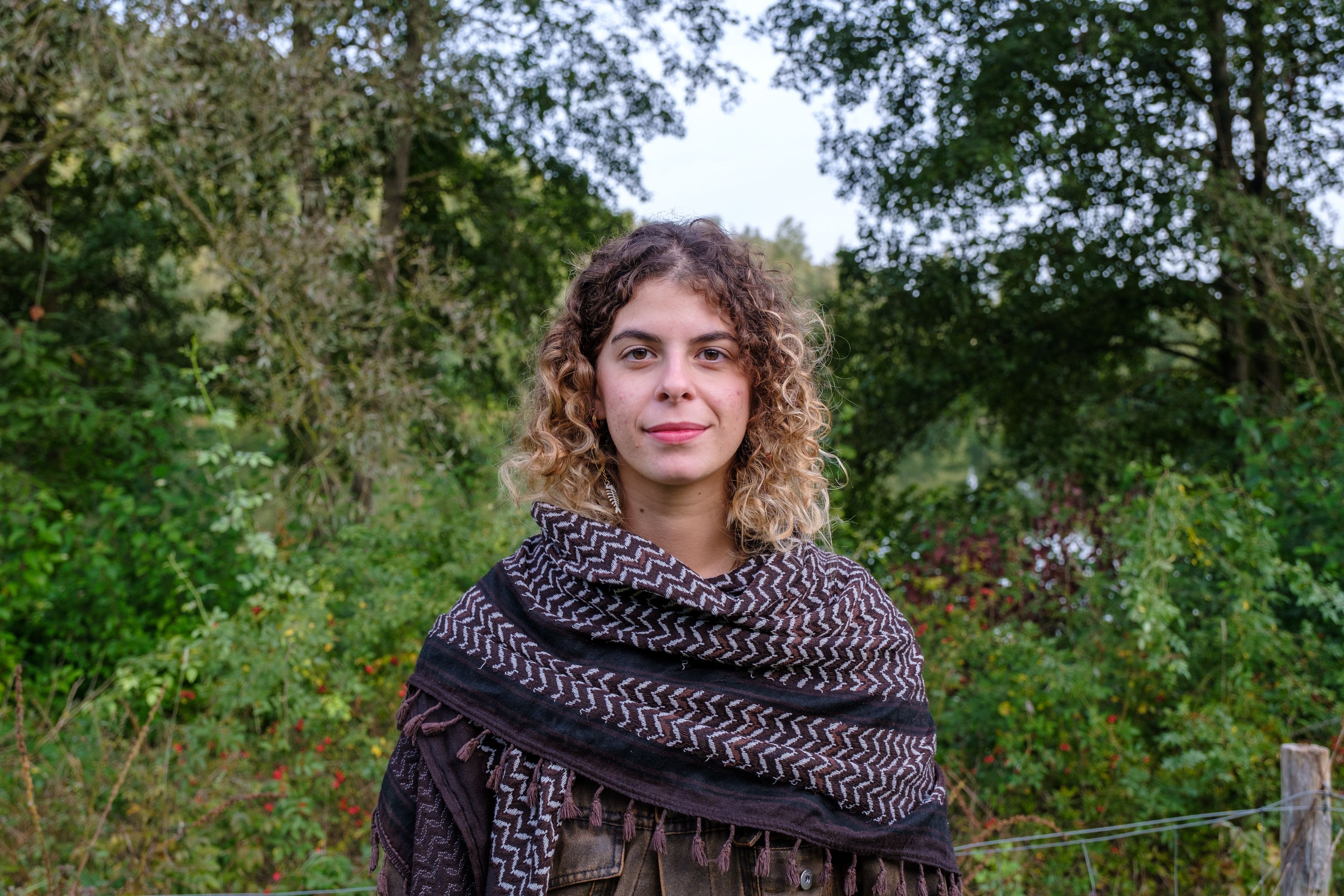
I know for sure that this knowledge from the courses will also come in handy when writing the thesis. All the different theoretical frameworks we looked into will help when setting up a structure for my final work.
Eleonora Pizzini, MSc European Studies (Research)
I am Eleonora, a student of the MSc European Studies (Research). The master’s programme lasts two years and right now, I am currently spending my second year in Cologne, following the Double Degree graduation option.
The first year was fully held in Maastricht, at the Faculty of Arts and Social Sciences. Here our very small cohort - we were 11 students - bonded very much and started this academic journey that is going to finish in less than 5 months! During the first year we followed coursed from either the International Relations, Democracy or Historical field, and analysed current issues with either qualitative or quantitative methods, according to our preferences.
However, right now our cohort is a little spread across different countries. Some classmates choose to go abroad to either do an Erasmus for one semester, or spend the full year in Cologne, Germany, to earn a Double Degree. Some other instead decided to give a boost to their working skills and opted to do an internship. It has been quite interesting to listen to the stories of people who ended up doing the Bluebook traineeship already or are working for the Dutch governmental institution for statistics.
Personally, I choose the Double degree because I already did an Erasmus and had quite a few internship experiences. The 2nd-year student life is quite different from the student life in Maastricht and, despite the nice experience of being in a big city, I am missing our lovely Maasi! Right now we are also in the process of writing our theses, which is a little stressful, but also quite nice because it gives me the possibility to stay in contact with UM and FASoS professors.
February 2024
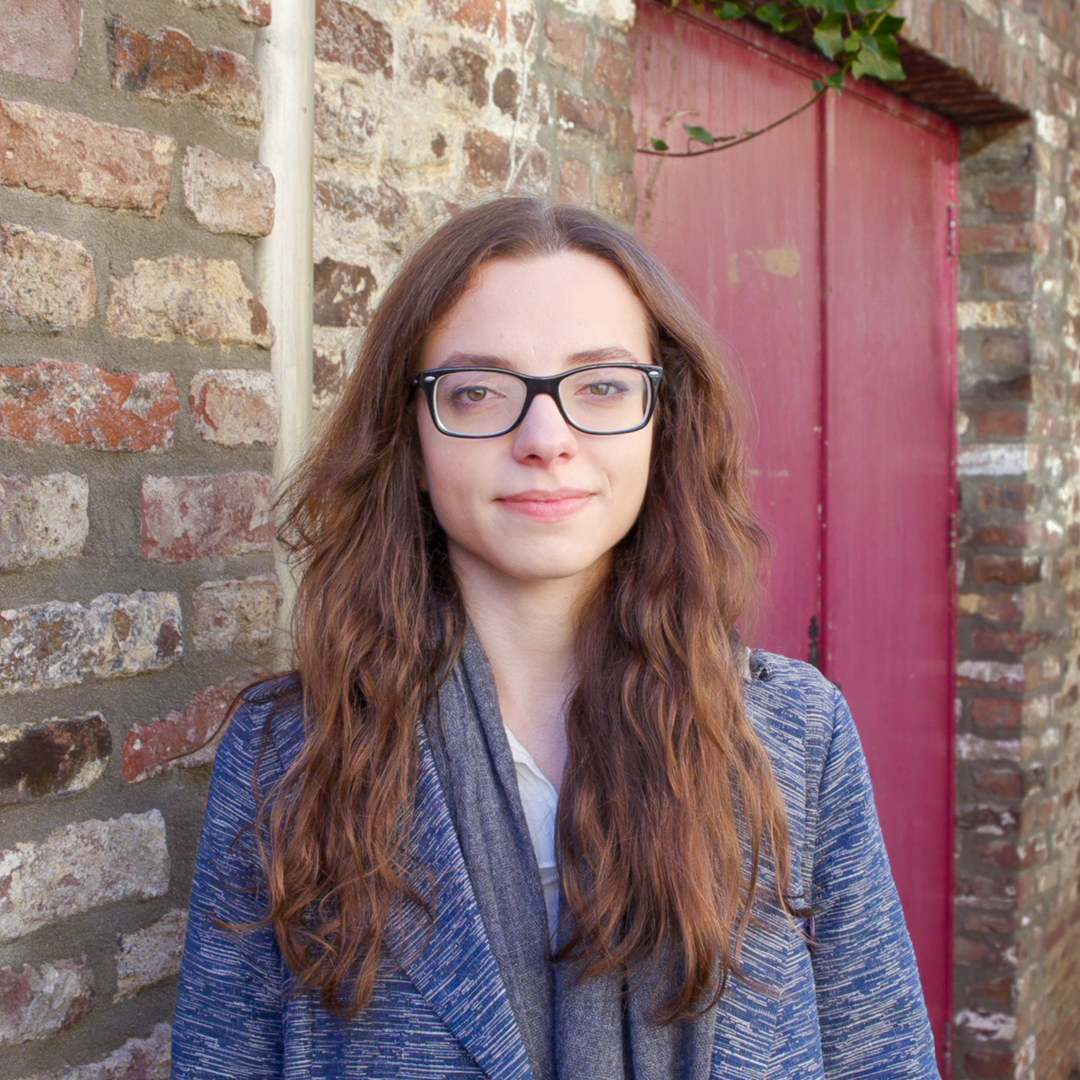
It has been quite interesting to listen to the stories of people who ended up doing the Bluebook traineeship already or are working for the Dutch governmental institution for statistics.
Isabel Bruijstens, MSc Cultures of Arts, Science and Technology (Research)
It’s crazy to realise that I’m already halfway through the first year of CAST. The past six months have been very interesting, at times quite intense, but mostly: very fun! It has been lovely to be back in Maastricht. The city has such a warm and cozy character, with beautiful architecture, culture and many fun restaurants and coffee spots. I’ve enjoyed live music events at Muziekgieterij and during local festivals like Jekerjazz. I’ve been hunting down my favourite vintage stores and I enjoy living so close to nature again! Recently, I got a parttime job at a restaurant: a fun – and economically attractive ;) – way to unwind from study life. I also got a student-member card at the Bonnefanten museum in the hopes of spending more time in cultural environments in 2024. All in all, I’m starting to find my rhythm here in Maastricht!
I chose this programme with the desire to specialise in a sociological and humanities approach to the arts and culture sector. Yet, I also wanted to use the length and broadness of the programme to my benefit, by exploring themes that were new to me. In the past months, I did precisely that! Writing a review article on the field of art-science in period 1 was my first exploration of the relation between art and Science, Technology and Society studies (STS). In period 2, I travelled further into unknown territory. Together with a fellow student, I wrote a research paper about the coal mining landscape of South Limburg, which combined geomorphological, sociological and artistic research. A surprising combination of disciplines I could not have imagined before! In period 3, I wrote a research proposal about responsible research and innovation in relation to speculative design. I find this chance to conduct various projects, and focus on different topics in each, very valuable. Apart from bringing new insights and enriching my academic expertise, it also helped me to get a firmer grip on what topics I want to pursue further in the future. For me, these entail questions of knowledge production, the practice of storytelling, and the future of the arts and culture sector. I am very excited about the current, period 4 course The Public Life of Exhibitions, as it combines precisely these themes!
I’m also in the middle of planning my research internship for next year. That means: browsing websites, looking for institutions, talking to staff members, listening to previous internship experiences, and more! I find it a very exciting process and am curious to see where I’ll eventually end up going. In any case, I’ll keep you posted on Instagram: @researchmastercast :)
February 2024
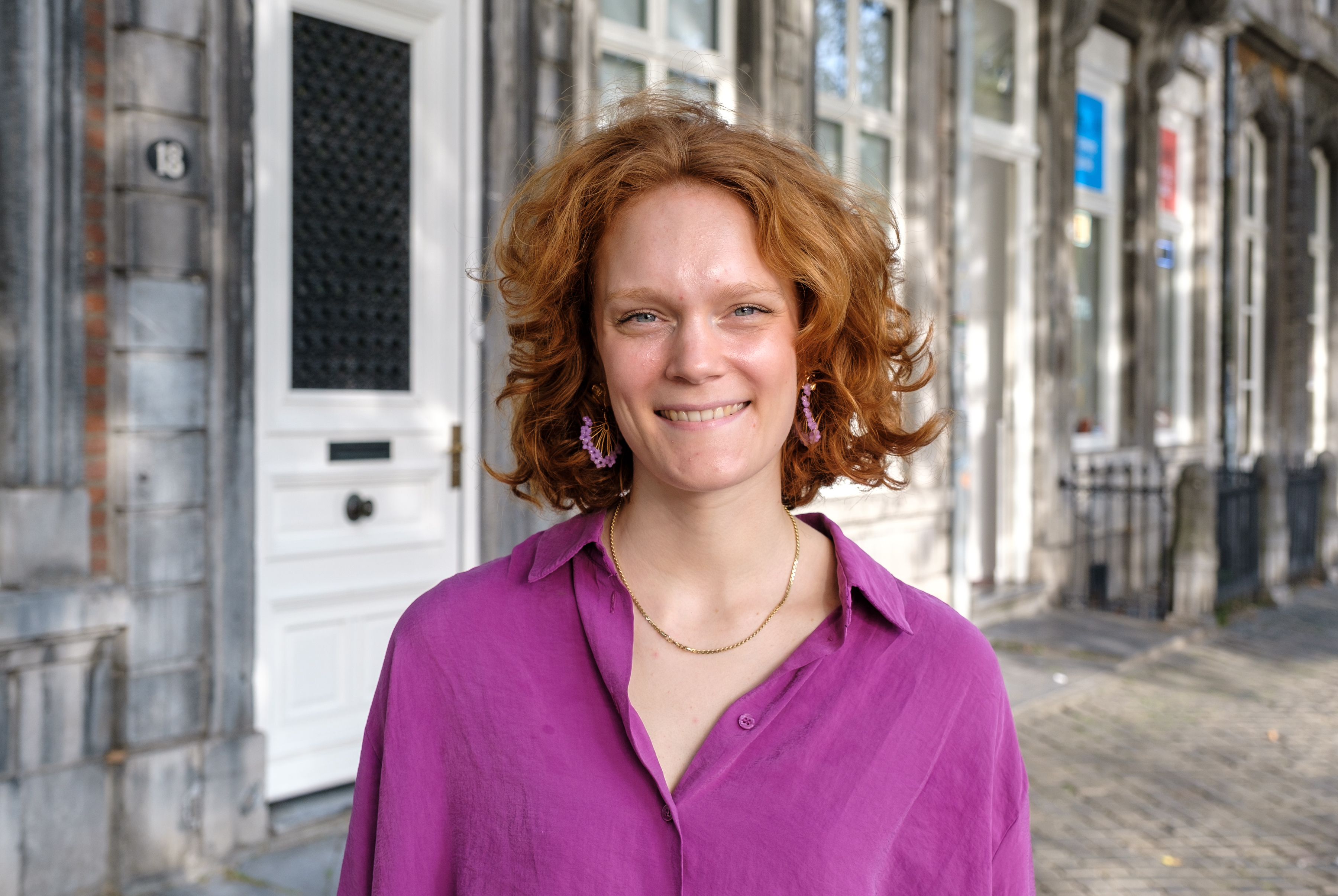
I’m in the middle of planning my research internship for next year. That means: browsing websites, looking for institutions, talking to staff members, listening to previous internship experiences, and more! I find it a very exciting process and am curious to see where I’ll eventually end up going.